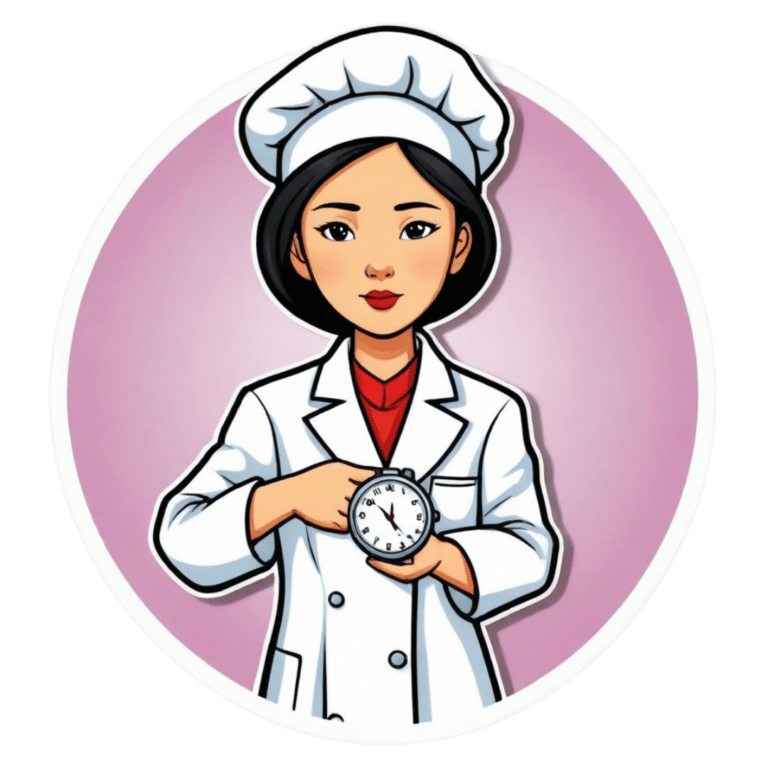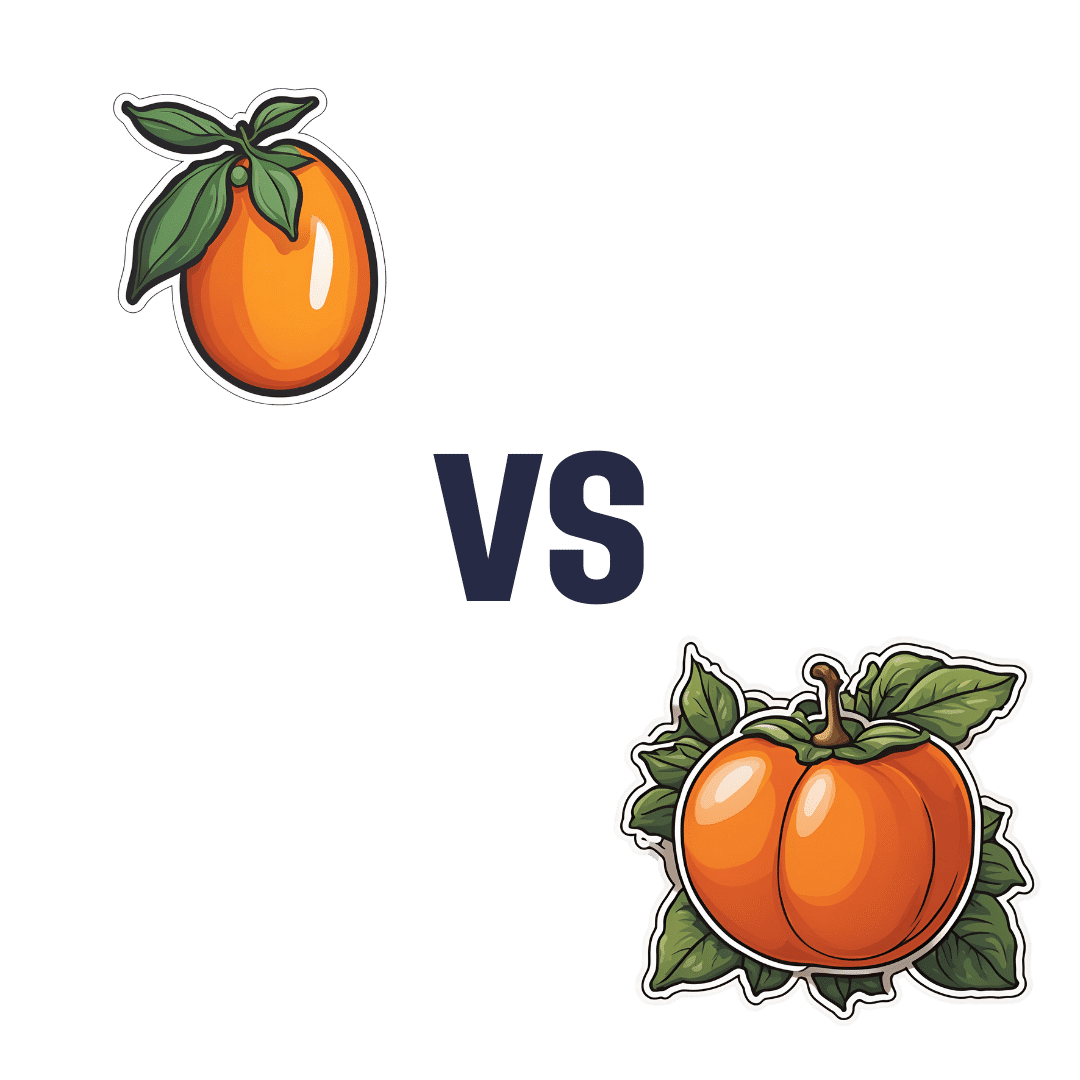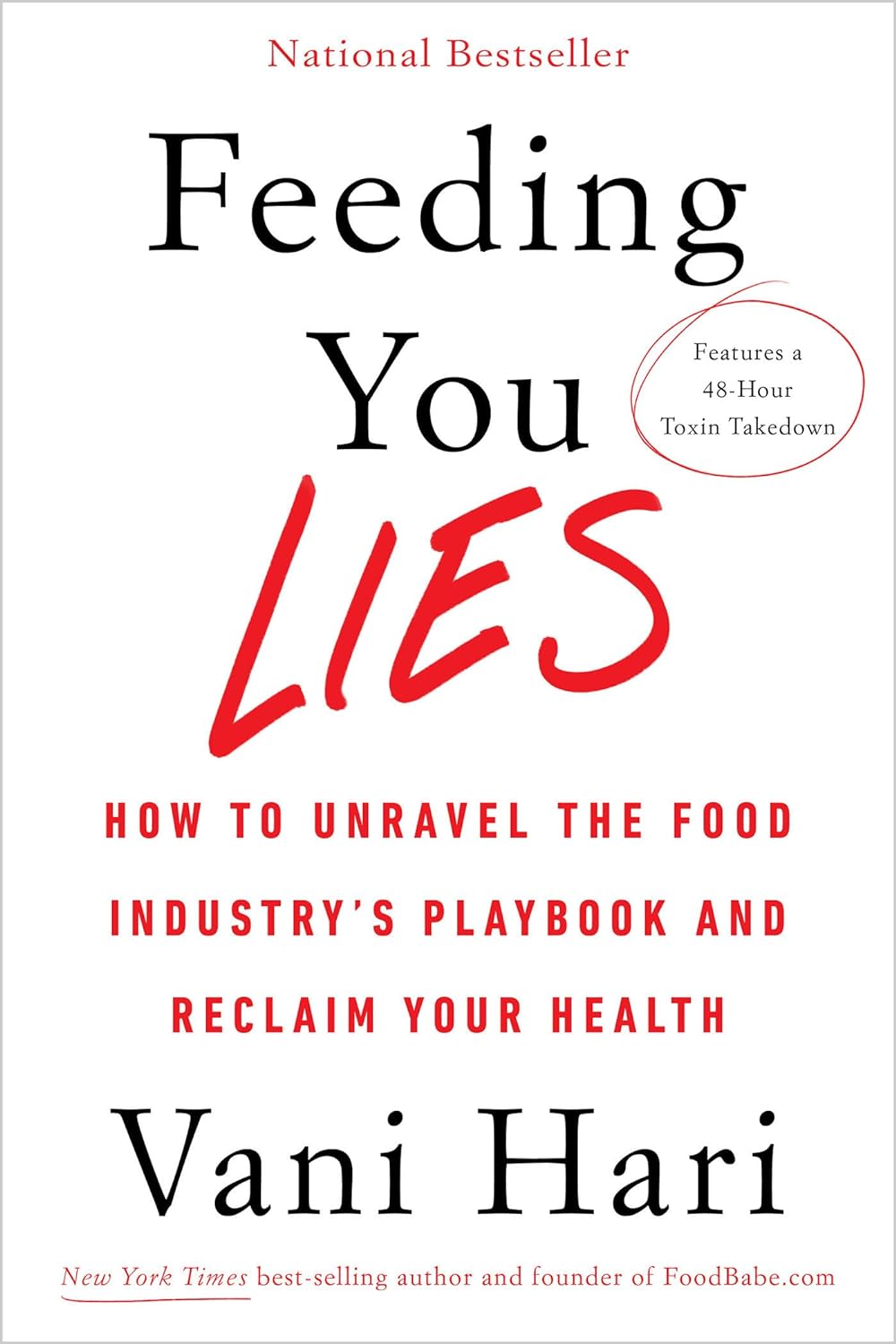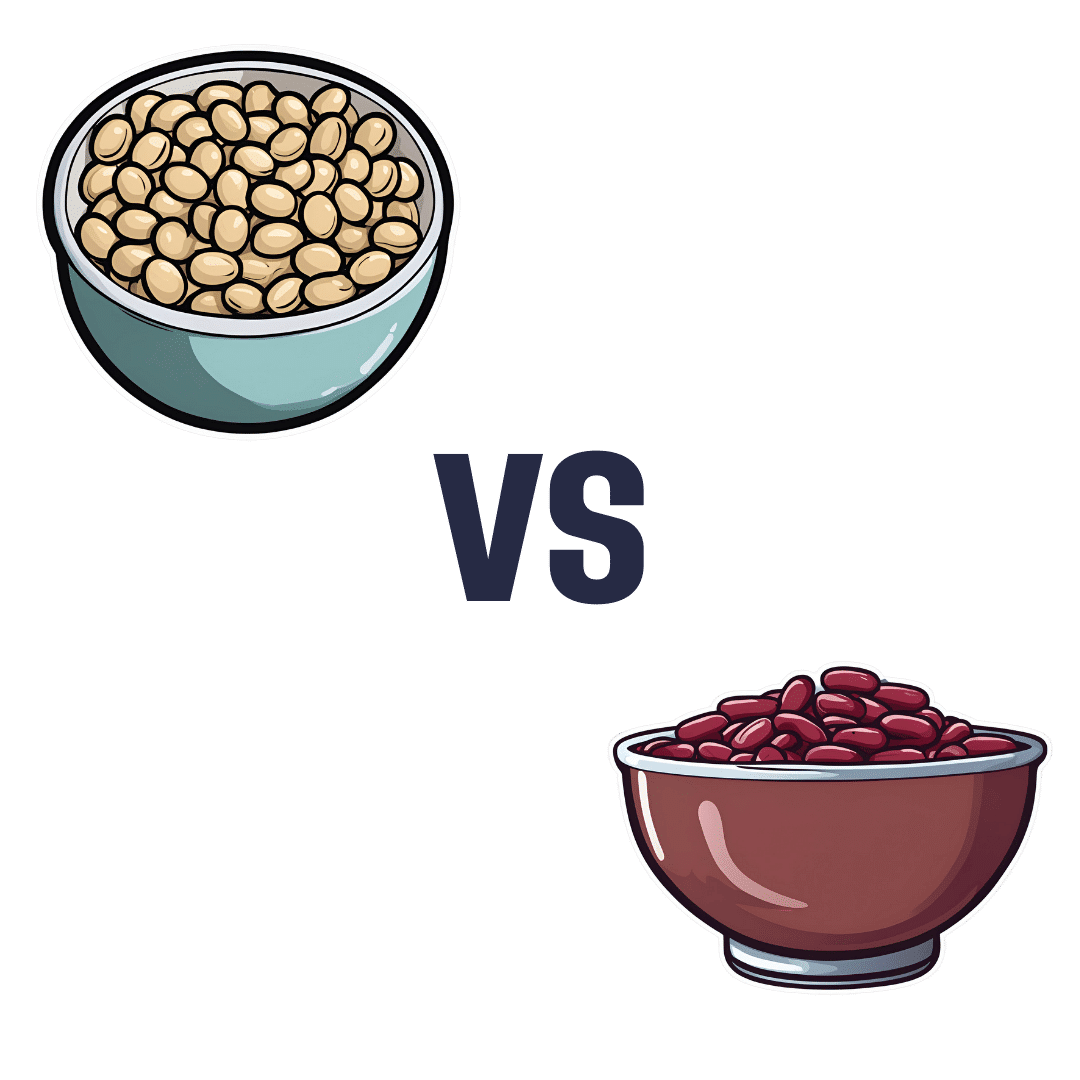
How Much Does A Vegan Diet Affect Biological Aging?
10almonds is reader-supported. We may, at no cost to you, receive a portion of sales if you purchase a product through a link in this article.
Slow Your Aging, One Meal At A Time
This one’s a straightforward one today, and the ““life hack” can be summed up:
Enjoy a vegan diet to enjoy younger biological age.
First, what is biological age?
Biological age is not one number, but a collection of numbers, as per different biomarkers of aging, including:
- Visual markers of aging (e.g. wrinkles, graying hair)
- Performative markers of aging (e.g. mobility tests)
- Internal functional markers of aging (e.g. tests for cognitive decline, eyesight, hearing, etc)
- Cellular markers of aging (e.g. telomere length)
We wrote more about this here:
Age & Aging: What Can (And Can’t) We Do About It?
A vegan diet may well impact multiple of those categories of aging, but today we’re highlighting a study (hot off the press; published only a few days ago!) that looks at its effect on that last category: cellular markers of aging.
There’s an interesting paradox here, because this category is:
- the most easily ignorable; because we all feel it if our knees are giving out or our skin is losing elasticity, but who notices if telomeres’ T/S ratio changed by 0.0407? ← the researchers, that’s who, as this difference is very significant
- the most far-reaching in its impact, because cellular aging in turn has an effect on all the other markers of aging
Second, how much difference does it make, and how do we know?
The study was an eight-week interventional identical twin study. This means several things, to start with:
- Eight weeks is a rather short period of time to accumulate cellular aging, let alone for an intervention to accumulate a significant difference in cellular aging—but it did. So, just imagine what difference it might make in a year or ten!
- Doing an interventional study with identical twin pairs already controlled for a lot of factors, that are usually confounding variables in population / cohort / longitudinal / observational studies.
Factors that weren’t controlled for by default by using identical twins, were controlled for in the experiment design. For example, twin pairs were rejected if one or more twin in a given pair already had medical conditions that could affect the outcome:
❝Inclusion criteria involved participants aged ≥18, part of a willing twin pair, with BMI <40, and LDL-C <190 mg/dL. Exclusions included uncontrolled hypertension, metabolic disease, diabetes, cancer, heart/renal/liver disease, pregnancy, lactation, and medication use affecting body weight or energy.
Eligibility was determined via online screening, followed by an orientation meeting and in-person clinic visit. Randomization occurred only after completing baseline visits, dietary recalls, and questionnaires for both twins❞
~ Dr. Varun Dwaraka et al. ← there’s a lot of “et al.” to this one; the paper had 16 collaborating authors!
As to the difference it made over the course of the 8 weeks…
❝Various measures of epigenetic age acceleration (PC GrimAge, PC PhenoAge, DunedinPACE) were assessed, along with system-specific effects (Inflammation, Heart, Hormone, Liver, and Metabolic).
Distinct responses were observed, with the vegan cohort exhibiting significant decreases in overall epigenetic age acceleration, aligning with anti-aging effects of plant-based diets. Diet-specific shifts were noted in the analysis of methylation surrogates, demonstrating the influence of diet on complex trait prediction through DNA methylation markers.❞
~ Ibid.
You can read the whole paper here (it goes into a lot more detail than we have room to here, and also gives infographics, charts, numbers, the works):
Were they just eating more healthily, though?
Well, arguably yes, as the results show, but to be clear:
The omnivorous diet compared to the vegan diet in this study was also controlled; both groups were given a healthy meal plan for their respective diet. So this wasn’t a case of “any omnivorous diet vs healthy vegan diet”, but rather “healthy omnivorous diet vs healthy vegan diet”.
Again, the paper itself has the full details—a short version is that it involved a healthy meal kit delivery service, followed by ongoing dietician involvement in an equal and carefully-controlled fashion.
So, aside from that one group had an omnivorous meal plan and the other vegan, both groups received the same level of “healthy eating” support, guidance, and oversight.
But isn’t [insert your preferred animal product here] healthy?
Quite possibly! For general health, general scientific consensus is that eating at least mostly plants is best, red meat is bad, poultry is neutral in moderation, fish is good in moderation, dairy is good in moderation if fermented, eggs are good in moderation if not fried.
This study looked at the various biomarkers of aging that we listed, and not every possible aspect of health—there’s more science yet to be done, and the researchers themselves are calling for it.
It also bears mentioning that for some (relatively few, but not insignificantly few) people, extant health conditions may make a vegan diet unhealthy or otherwise untenable. Do speak with your own doctor and/or dietician if unsure.
See also: Do We Need Animal Products To Be Healthy?
We would hypothesize, by the way, that the anti-aging benefits of a vegan diet are probably proportional to abstention from animal products—meaning that even if you simply have some “vegan days”, while still consuming animal products other days, you’ll still get benefit for the days you abstained. That’s just our hypothesis though.
Take care!
Don’t Forget…
Did you arrive here from our newsletter? Don’t forget to return to the email to continue learning!
Recommended
Learn to Age Gracefully
Join the 98k+ American women taking control of their health & aging with our 100% free (and fun!) daily emails:
-
Your Brain Is Always Listening – by Dr. Daniel Amen
10almonds is reader-supported. We may, at no cost to you, receive a portion of sales if you purchase a product through a link in this article.
There are a lot of books on Cognitive Behavioral Therapy (CBT), so what makes this one different?
While many CBT books have a focus (as this one also does) on controlling Automatic Negative Thoughts (ANTs), this one stands out in two ways:
Firstly: Dr. Amen, a medical doctor and psychiatrist, looks not just as the thoughts and feelings side of things… but also the neurological underpinnings. This makes a difference because it gives a much more tangible handle on some of the problems that we might face.
We wouldn’t tell someone with Type 1 Diabetes that they are “just blaming their pancreas” for blood sugar woes. So what’s with the notion of “this person is just blaming their brain”? Why would be harder on ourselves (or others) for having amygdalae that are a little out of whack, or a sluggish prefrontal cortex, or an overactive anterior cingulate gyrus?
So, Dr. Amen’s understanding and insights help us look at how we can give those bits of brain what they need to perk them up or calm them down.
Secondly, rather than picture-perfect easily-solved neat-and-tidy made-up scenarios as illustrations, he uses real (messy, human) case studies.
This means that we get to see how the methods advised work in the case of, for example, a business executive who has a trauma response to public speaking, because at the age of 12 he had to stand in court and argue for why his father should not receive the death penalty.
Bottom line: if these methods can ease situations like that, maybe we can apply them usefully in our own lives, too.
Click here to check out Your Brain Is Always Listening, and take control of yours!
Share This Post
-
Reduce Your Skin Tag Risk
10almonds is reader-supported. We may, at no cost to you, receive a portion of sales if you purchase a product through a link in this article.
It’s Q&A Day at 10almonds!
Have a question or a request? We love to hear from you!
In cases where we’ve already covered something, we might link to what we wrote before, but will always be happy to revisit any of our topics again in the future too—there’s always more to say!
As ever: if the question/request can be answered briefly, we’ll do it here in our Q&A Thursday edition. If not, we’ll make a main feature of it shortly afterwards!
So, no question/request too big or small
❝As I get older, I seem to be increasingly prone to skin tags, which appear, seemingly out of nowhere, on my face, chest and back. My dermatologist happily burns them off – but is there anything I can do to prevent them?!❞
Not a lot! But, potentially something.
The main risk factor for skin tags is genetic, and you can’t change that in any easy way.
The other main risk factors are connected to each other:
Skin folds, and chafing
Skin tags mostly appear where chafing happens. This can be, for example:
- Inside joint articulations (especially groin and armpits)
- Between fat rolls (if you have them)
So, if you have fat rolls, then losing weight will also reduce the risk of skin tags.
Additionally, obesity and some often-related problems such as diabetes, hypertension, and an atherogenic lipid profile also increase the risk of skin tags (amongst other more serious things):
See: Association of Skin Tag with Metabolic Syndrome and its Components
As for the chafing, this can be reduced in various ways, including:
- losing weight if (and only if) you are carrying excess weight
- dressing against chafing (consider your underwear choices, for example)
- keeping hair in the armpits and groin (it’s part of what it’s there for)
See also: Simply The Pits: These Underarm Myths!
Take care!
Share This Post
-
Kumquat vs Persimmon – Which is Healthier?
10almonds is reader-supported. We may, at no cost to you, receive a portion of sales if you purchase a product through a link in this article.
Our Verdict
When comparing kumquat to persimmon, we picked the kumquat.
Why?
In terms of macros, kumquats have more protein, though like most fruits, it’s unlike anybody’s eating them for the protein content. More importantly, they have a lot more fiber, for less than half the carbs. It bears mentioning though that (again, like most fruits) persimmon isn’t bad for this either, and both fruits are low glycemic index foods.
When it comes to vitamins, it’s not close: kumquats have more of vitamins A, B1, B2, B3, B5, B6, B9, E, and choline, while persimmon has more vitamin C. It’s worth noting that kumquats are already a very good source of vitamin C though; persimmon just has more.
In the category of minerals, kumquats again lead with more calcium, copper, magnesium, manganese, and zinc, while persimmon has more iron, phosphorus, and potassium.
In short, enjoy both, and/or whatever fruit you enjoy the most, but if looking for nutritional density, kumquats are bringing it.
Want to learn more?
You might like to read:
Why You’re Probably Not Getting Enough Fiber (And How To Fix It)
Take care!
Share This Post
Related Posts
-
Horse Sedative Use Among Humans Spreads in Deadly Mixture of ‘Tranq’ and Fentanyl
10almonds is reader-supported. We may, at no cost to you, receive a portion of sales if you purchase a product through a link in this article.
TREASURE ISLAND, Fla. — Andrew McClave Jr. loved to lift weights. The 6-foot-4-inch bartender resembled a bodybuilder and once posed for a photo flexing his muscles with former pro wrestler Hulk Hogan.
“He was extremely dedicated to it,” said his father, Andrew McClave Sr., “to the point where it was almost like he missed his medication if he didn’t go.”
But the hobby took its toll. According to a police report, a friend told the Treasure Island Police Department that McClave, 36, suffered from back problems and took unprescribed pills to reduce the pain.
In late 2022, the friend discovered McClave in bed. He had no pulse. A medical examiner determined he had a fatal amount of fentanyl, cocaine, and xylazine, a veterinary tranquilizer used to sedate horses, in his system, an autopsy report said. Heart disease was listed as a contributing factor.
McClave is among more than 260 people across Florida who died in one year from accidental overdoses involving xylazine, according to a Tampa Bay Times analysis of medical examiner data from 2022, the first year state officials began tracking the substance. Numbers for 2023 haven’t been published.
The death toll reflects xylazine’s spread into the nation’s illicit drug supply. Federal regulators approved the tranquilizer for animals in the early 1970s and it’s used to sedate horses for procedures like oral exams and colic treatment, said Todd Holbrook, an equine medicine specialist at the University of Florida. Reports of people using xylazine emerged in Philadelphia, then the drug spread south and west.
What’s not clear is exactly what role the sedative plays in overdose deaths, because the Florida data shows no one fatally overdosed on xylazine alone. The painkiller fentanyl was partly to blame in all but two cases in which the veterinary drug was included as a cause of death, according to the Times analysis. Cocaine or alcohol played roles in the cases in which fentanyl was not involved.
Fentanyl is generally the “800-pound gorilla,” according to Lewis Nelson, chair of the emergency medicine department at Rutgers New Jersey Medical School, and xylazine may increase the risk of overdose, though not substantially.
But xylazine appears to complicate the response to opioid overdoses when they do happen and makes it harder to save people. Xylazine can slow breathing to dangerous levels, according to federal health officials, and it doesn’t respond to the overdose reversal drug naloxone, often known by the brand name Narcan. Part of the problem is that many people may not know they are taking the horse tranquilizer when they use other drugs, so they aren’t aware of the additional risks.
Lawmakers in Tallahassee made xylazine a Schedule 1 drug like heroin or ecstasy in 2016, and several other states including Pennsylvania, Ohio, and West Virginia have taken action to classify it as a scheduled substance, too. But it’s not prohibited at the federal level. Legislation pending in Congress would criminalize illicit xylazine use nationwide.
The White House in April designated the combination of fentanyl and xylazine, often called “tranq dope,” as an emerging drug threat. A study of 20 states and Washington, D.C., found that overdose deaths attributed to both illicit fentanyl and xylazine exploded from January 2019 to June 2022, jumping from 12 a month to 188.
“We really need to continue to be proactive,” said Amanda Bonham-Lovett, program director of a syringe exchange in St. Petersburg, “and not wait until this is a bigger issue.”
‘A Good Business Model’
There are few definitive answers about why xylazine use has spread — and its impact on people who consume it.
The U.S. Drug Enforcement Administration in September said the tranquilizer is entering the country in several ways, including from China and in fentanyl brought across the southwestern border. The Florida attorney general’s office is prosecuting an Orange County drug trafficking case that involves xylazine from a New Jersey supplier.
Bonham-Lovett, who runs IDEA Exchange Pinellas, the county’s anonymous needle exchange, said some local residents who use drugs are not seeking out xylazine — and don’t know they’re consuming it.
One theory is that dealers are mixing xylazine into fentanyl because it’s cheap and also affects the brain, Nelson said.
“It’s conceivable that if you add a psychoactive agent to the fentanyl, you can put less fentanyl in and still get the same kick,” he said. “It’s a good business model.”
In Florida, men accounted for three-quarters of fatal overdoses involving xylazine, according to the Times analysis. Almost 80% of those who died were white. The median age was 42.
Counties on Florida’s eastern coast saw the highest death tolls. Duval County topped the list with 46 overdoses. Tampa Bay recorded 19 fatalities.
Cocaine was also a cause in more than 80 cases, including McClave’s, the Times found. The DEA in 2018 warned of cocaine laced with fentanyl in Florida.
In McClave’s case, Treasure Island police found what appeared to be marijuana and a small plastic bag with white residue in his room, according to a police report. His family still questions how he took the powerful drugs and is grappling with his death.
He was an avid fisherman, catching snook and grouper in the Gulf of Mexico, said his sister, Ashley McClave. He dreamed of being a charter boat captain.
“I feel like I’ve lost everything,” his sister said. “My son won’t be able to learn how to fish from his uncle.”
Mysterious Wounds
Another vexing challenge for health officials is the link between chronic xylazine use and open wounds.
The wounds are showing up across Tampa Bay, needle exchange leaders said. The telltale sign is blackened, crusty tissue, Bonham-Lovett said. Though the injuries may start small — the size of a dime — they can grow and “take over someone’s whole limb,” she said.
Even those who snort fentanyl, instead of injecting it, can develop them. The phenomenon is unexplained, Nelson said, and is not seen in animals.
IDEA Exchange Pinellas has recorded at least 10 cases since opening last February, Bonham-Lovett said, and has a successful treatment plan. Staffers wash the wounds with soap and water, then dress them.
One person required hospitalization partly due to xylazine’s effects, Bonham-Lovett said. A 31-year-old St. Petersburg woman, who asked not to be named due to concerns over her safety and the stigma of drug use, said she was admitted to St. Anthony’s Hospital in 2023. The woman, who said she uses fentanyl daily, had a years-long staph infection resistant to some antibiotics, and a wound recently spread across half her thigh.
The woman hadn’t heard of xylazine until IDEA Exchange Pinellas told her about the drug. She’s thankful she found out in time to get care.
“I probably would have lost my leg,” she said.
This article was produced in partnership with the Tampa Bay Times.
KFF Health News is a national newsroom that produces in-depth journalism about health issues and is one of the core operating programs at KFF—an independent source of health policy research, polling, and journalism. Learn more about KFF.
Subscribe to KFF Health News’ free Morning Briefing.
Don’t Forget…
Did you arrive here from our newsletter? Don’t forget to return to the email to continue learning!
Learn to Age Gracefully
Join the 98k+ American women taking control of their health & aging with our 100% free (and fun!) daily emails:
-
Feeding You Lies – by Vani Hari
10almonds is reader-supported. We may, at no cost to you, receive a portion of sales if you purchase a product through a link in this article.
When it comes to advertising, we know that companies will often be as misleading as they can get away with. But just how misleading is it?
Vani Hari, of “Food Babe” fame, is here to unravel it all.
The book covers many areas of food and drink advertising and marketing, and gives particular attention to:
- Sodas (with and without sugar), and how deleterious they are to the health—as well as not even helping people lose weight, but actively hindering
- Nutritionally fortified foods, and what we may or may not actually get from them by the time the processing is done
- Organic food, and what that may or may not mean
She also covers a lot of what happens outside of supermarkets, way back in universities and corporate boardrooms. In short, who is crossing whose palms with silver for a seal of approval… And what that means for us as consumers.
A strength of this book that sets it apart from many of its genre, by the way, is that while being deeply critical of certain institutions’ practices, it doesn‘t digress into tinfoil-hat pseudoscientific scaremongering, either. Here at 10almonds we love actual science, so that was good to see too.
Bottom line: is you’d like to know “can they say that and get away with it if it’s not true?” and make decisions based on the actual nutritional value of things, this is a great book for you.
Click here to check out “Feeding You Lies” on Amazon and make your shopping healthier!
Don’t Forget…
Did you arrive here from our newsletter? Don’t forget to return to the email to continue learning!
Learn to Age Gracefully
Join the 98k+ American women taking control of their health & aging with our 100% free (and fun!) daily emails:
-
Soy Beans vs Kidney Beans – Which is Healthier?
10almonds is reader-supported. We may, at no cost to you, receive a portion of sales if you purchase a product through a link in this article.
Our Verdict
When comparing soy beans to kidney beans, we picked the soy.
Why?
In terms of macros, soy has 2x the protein, while kidney beans have nearly 3x the carbs and very slightly more fiber. Ratio-wise, the “very slightly more fiber” does not offset the “nearly 3x the carbs” when it comes to glycemic index (though both are still good, really, but this is a head-to-head so the comparison is relevant), and 2x the protein is also quite a bonus, so this category’s an easy win for soy.
In the category of vitamins, soy beans have more of vitamins A, B2, B6, C, E, K, and choline, while kidney beans have more of vitamins B3, B5, and B9, thus making for a 7:3 win for soy.
When it comes to minerals, soy beans have more calcium, copper, iron, magnesium, manganese, phosphorus, potassium, selenium, and zinc, while kidney beans are not higher in any mineral. Another clear win for soy.
Adding up the three strong wins for soy, makes for an overall easy win for soy. Still, enjoy either or both; diversity is good!
Want to learn more?
You might like to read:
Plant vs Animal Protein: Head to Head
Take care!
Don’t Forget…
Did you arrive here from our newsletter? Don’t forget to return to the email to continue learning!
Learn to Age Gracefully
Join the 98k+ American women taking control of their health & aging with our 100% free (and fun!) daily emails:







